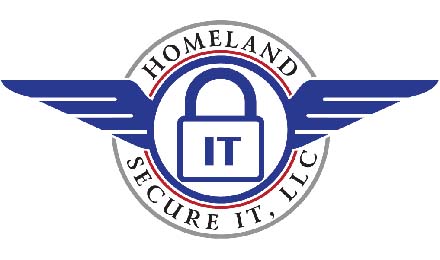Secure IT Alert for Thursday, April 05, 2012
This is courtesy of the WatchGuard Security Center. We are happy to partner with WatchGuard to provide firewall and security solutions. Call us at 864.990.4748 if we can be of service!
Update OS X Java to Avoid Spreading Mac Malware |
Summary:
- This vulnerability affects: OS X 10.7.x (Lion) and 10.6.x (Snow Leopard)
- How an attacker exploits it: By enticing you to a website containing maliciously crafted Java
- Impact: In the worst case, an attacker executes code on your user’s computer, with that user’s privileges
- What to do: Install Java for OS X Lion 2012-001 or Java for OS X 10.6 Update 7 immediately, or let Apple’s updater do it for you.
Exposure:
Yesterday, Apple released an advisory describing a Java security update for OS X 10.6.x and 10.7.x. The update fixes 12 vulnerabilities in OS X’s Java components (number based on CVE-IDs).
Apple doesn’t describe each flaw in technical detail, but they do share the worst case impact. If an attacker can lure you to a website containing specially crafted Java code, he can exploit many of these vulnerabilities to execute code on your OS X computer, with your privileges.
This Apple update finally brings the Java updates Oracle released in February to OS X users. Unfortunately, attackers have already been exploiting one of these Java vulnerabilities against Mac users in the wild. A Mac trojan called Flashback has reportedly infected over 600,000 Macs, by leveraging one of these Java flaws (as well as a Flash vulnerability in the past). If you have any Mac computers in your organization, we highly recommend you install Apple’s OS X Java update immediately. You can also find instructions for checking your Mac for the Flashback malware here.
Solution Path:
Apple has issued Java for OS X Lion 2012-001 [dmg file] and Java for OS X 10.6 Update 7 [dmg file] to correct these flaws. If you manage OS X 10.6.x or 10.7.x computers, we recommend you download and deploy these updates immediately, or let OS X’s automatic Software Update utility install it for you.
For All WatchGuard Users:
Some of these attacks rely on one of your users visiting a web page containing malicious Java bytecode. The HTTP-Proxy policy that ships with most WatchGuard appliances automatically blocks Java bytecode by default, which somewhat mitigates the risk posed by some of these vulnerabilities.
Status:
Apple has released Java updates to fix these issues.
References:
This alert was researched and written by Corey Nachreiner, CISSP.

